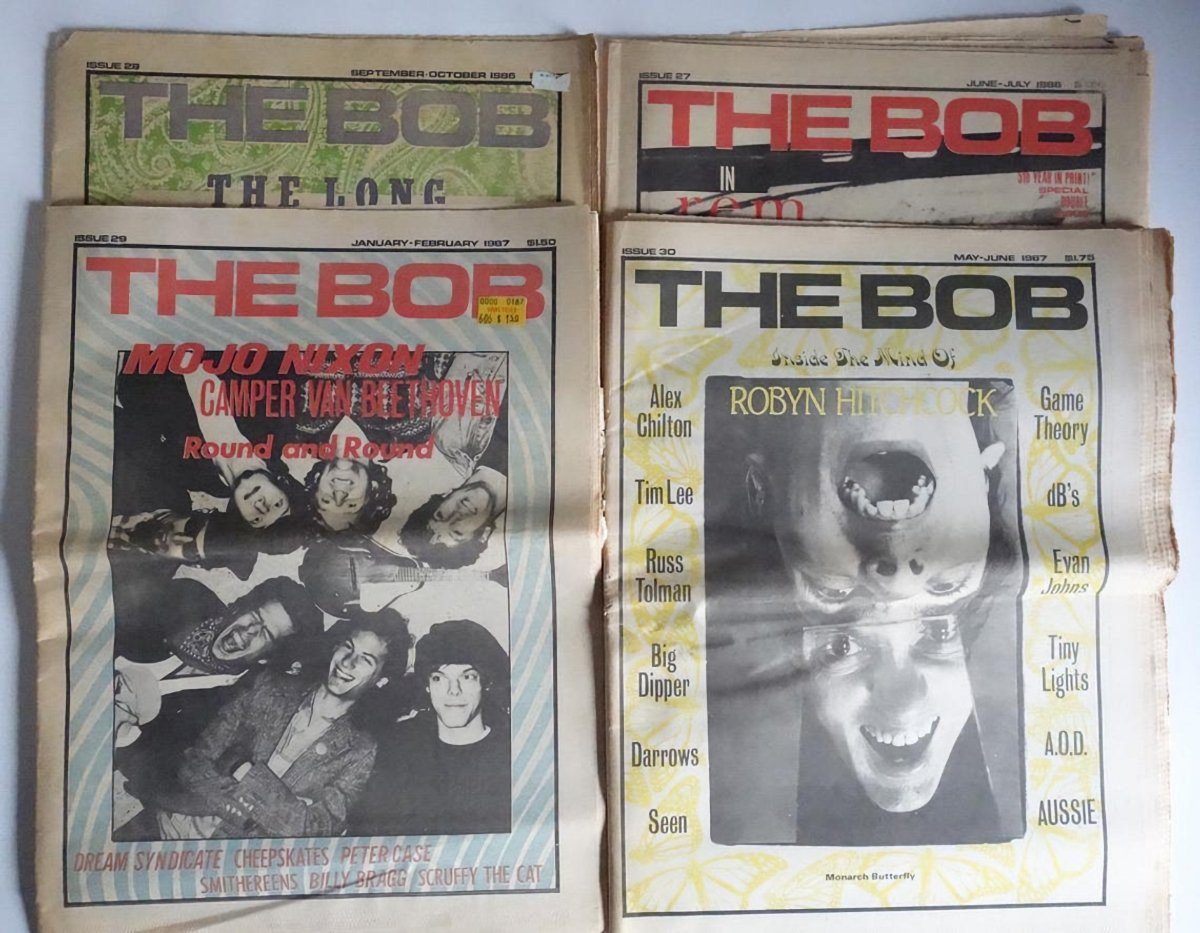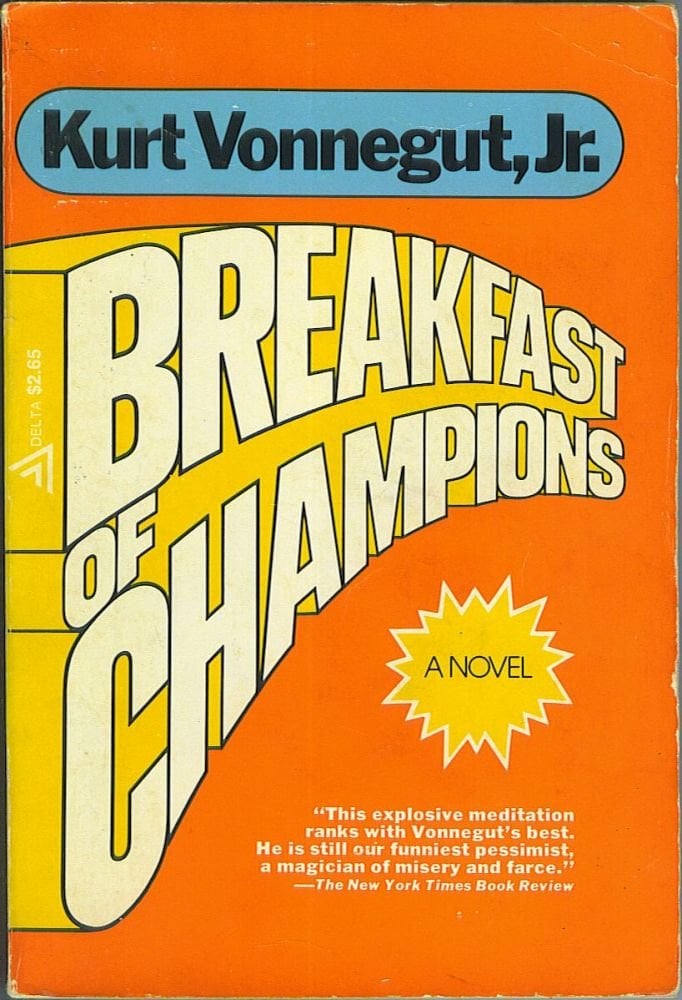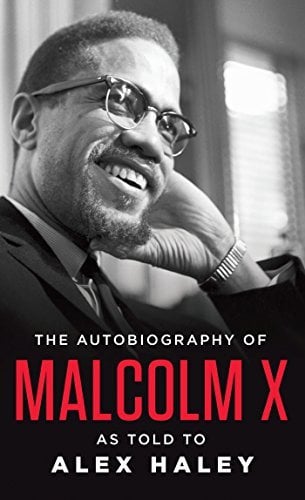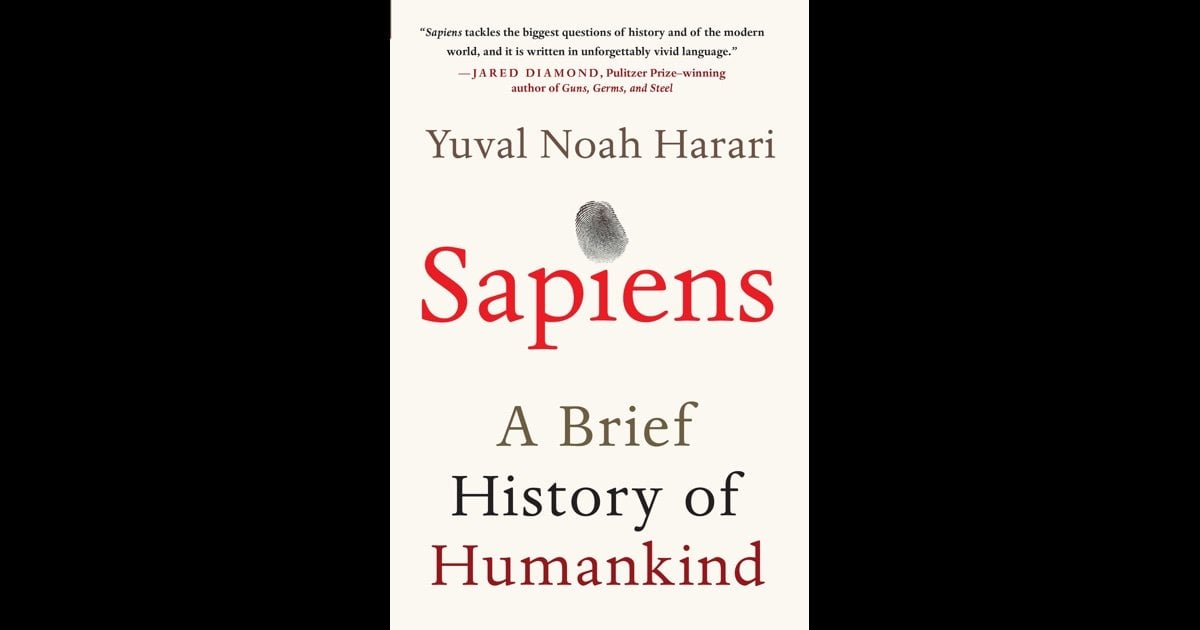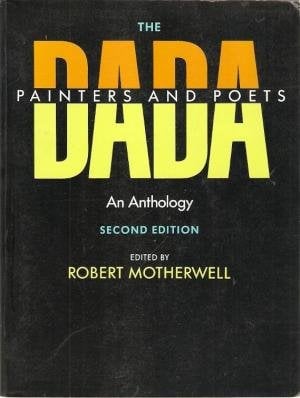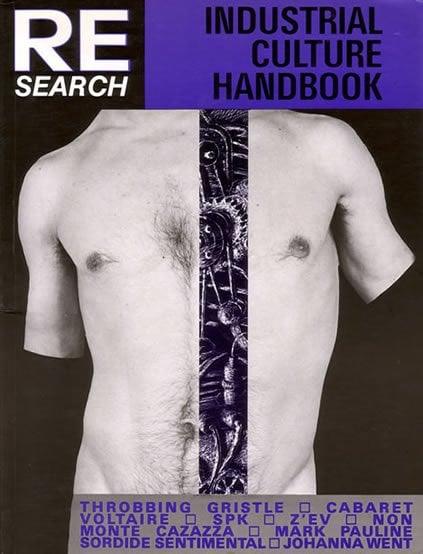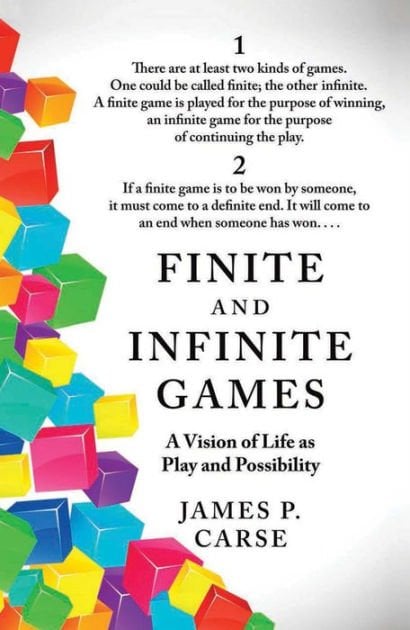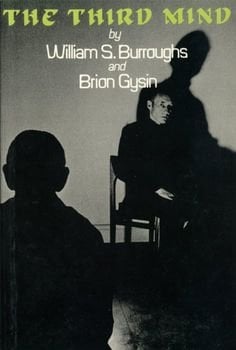• Tomorrow is Juneteenth, and it’s the first Juneteenth that Bandcamp is donating all of its 15% sales take to the NAACP Legal Defense Fund. They’ll also allocate “an additional $30,000 per year to partner with organizations that fight for racial justice and create opportunities for people of color.” I say it’s the first as Bandcamp pledges to make this an annual thing. Many artists and labels are following suit, promising their sales shares to civil rights organizations, too. So, hey — let’s grab some music. This event is an excellent opportunity to revisit this Reddit discussion on Black ambient and experimental artists to support and this searchable site of Bandcamp’s Black-owned labels and artists.
• Here are a couple of quick links to incendiary and extraordinary examples of Black art: the 1986 film Handsworth Songs is experimental documentary filmmaking at its best, via John Akomfrah and the Black Audio Film Collective; and this NY Times article from Marcus J. Moore compiling ’15 Essential Black Liberation Jazz Tracks.’ [LINK] + [LINK]
• Twenty Thousand Hertz is an informative podcast that delves into the “world’s most recognizable and interesting sounds.” The latest episode is about a topic near-and-dear to my heart: music copyright lawsuits. The host, Dallas Taylor, examines the ‘theft or inspiration?’ dilemma and lucidly explains the legalities. The podcast episode serves as a good explainer for those who want to know more about the topic and has a few interesting new perspectives for been-down-that-road folks like me. For what it’s worth, I don’t think any of the cases brought up in the episode should have gone to court. I do understand the potential dangers of broadly loosening our parameters on copyright, but letting experts decide on music theft disputes rather than a jury is a better idea. I wrote more about this topic here. [LINK]
• As you know from previous ramblings, I’m thinking a lot these days about how I use the online medium and the digital footprint I’m leaving. I’m playing around more with micro.blog and this site’s connected ‘micro-8sided’ blog. I’m trying out an idea of the microsite as an idea repository — a placeholder for things I’m reading, listening to, and thinking. It looks like this: short ideas and notes jotted down in the microblog, longer and better thought-out pieces on this ‘main’ blog and the email newsletter. I can use the micro to access things that grabbed my interest, expanding on some of those topics here and in the newsletter. That means the microblog provides a peek at what I’m thinking about as a preview to topics appearing here. At least, that’s how it works in theory. I may chuck it all later this week, depending on how time-consuming a labyrinth of thought this turns out to be. Oh, and as I’m lessening my presence on targeted-ad-fueled social media, micro.blog now crossposts to Twitter, and I’ll aim to visit that place less and less. Bye-bye to Facebook, too.
• Here’s a gorgeous ambient track from Dedekind Cut, an artist (and song) recommended in the Reddit thread I mentioned above.
• Lake Holden held a surprise this morning at dawn. Spot the moon. [LINK]
